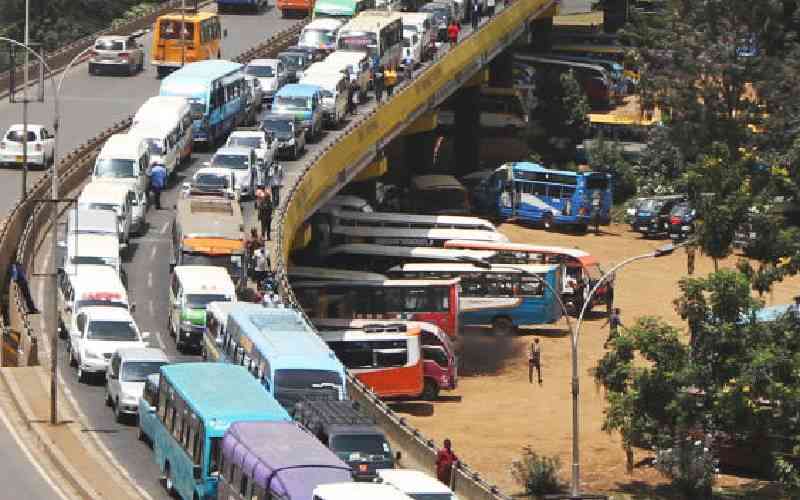×
The Standard e-Paper
Home To Bold Columnists

A recent incident in Nairobi where the door of a matatu fell as the vehicle made its way out of town with passengers on board, has rekindled the debate on Michuki rules that were aimed at enhancing safety.
The passengers aboard the matatu, which plies between city centre and Kileleshwa, had to alight along Latema Road and find another vehicle as the faulty vehicle was driven to a garage along Kirinyaga Road.